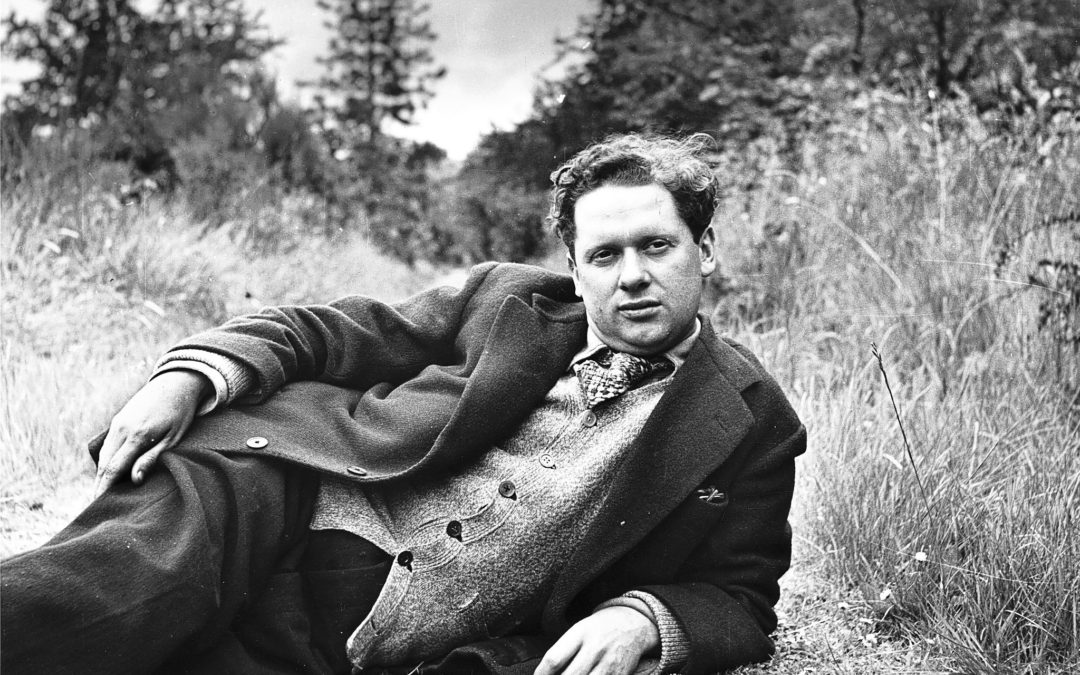Thomas’s “The Orchards” is a nightmare. It’s a death-in-life story about Marlais, a blocked writer who meets spectral women, demon-lovers, at a horrible picnic.
The narrative begins when Marlais contemplates suicide but instead is summoned by some unseen force to an orchard by the sea. “He had dreamed that a hundred orchards on the road to the sea village had broken into flame: and all the windless afternoon of tongues of fire shot through the blossom.”
Arriving exhausted at an orchard by the sea, Marlais is treated to a picnic by a “fair girl,” who lays out a white cloth on a flat stone and sets out cups for tea and milk and slices of bread so thin that Marlais can see through it. “They sat on the grass by the stone table like lovers at a picnic, too loved to speak, desireless familiars in the shade of a hedge corner.” When the girl’s sister is summoned, the orchard becomes hellish. The trees burst into flame like fireworks until everything around is charred and covered with cinders. This is what Marlais remembers when he awakens from his dream.
As day turns to night, the picnic is obliterated, and when Marlais kisses both women, only the dark-headed sister kisses him back. It is at this moment he realizes that his lover is a figure with a “fork-tree breast,” “barbed eyes,” and a “dry twig hand.”
The story is a painful glimpse of Thomas’s mind because it’s autobiographical. Marlais is Thomas’s middle name. Instead of a temporary escape from the ordinary, Marlais is immersed in a dream that intensifies until the landscape becomes a wasteland.
* The opposite of “The Orchard” is “The Outing,” a happy and comic story about the village men who leave town for a daylong picnic, composed not long before his death in 1953.
Featured Image: Francis Reiss. Dylan Thomas (1946)
See Dylan Thomas. “The Orchards” (1936). In Adventures in the Skin Trade. New York: New Directions, 1955

